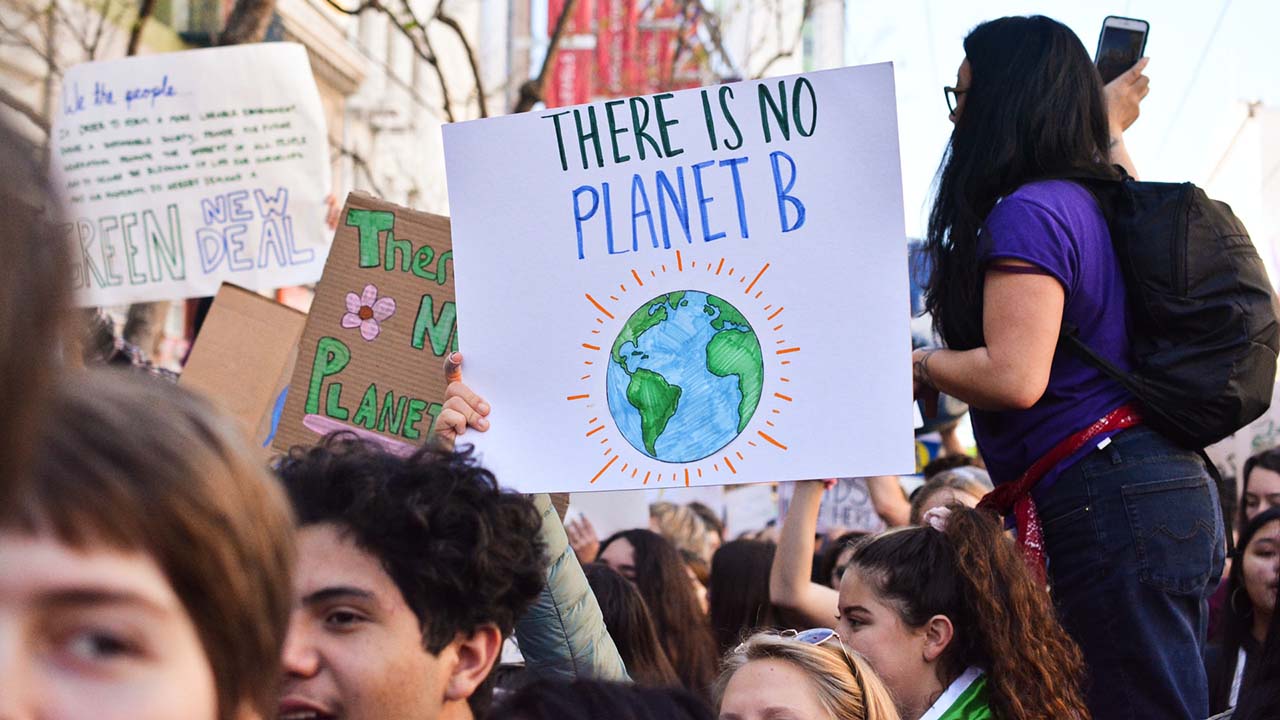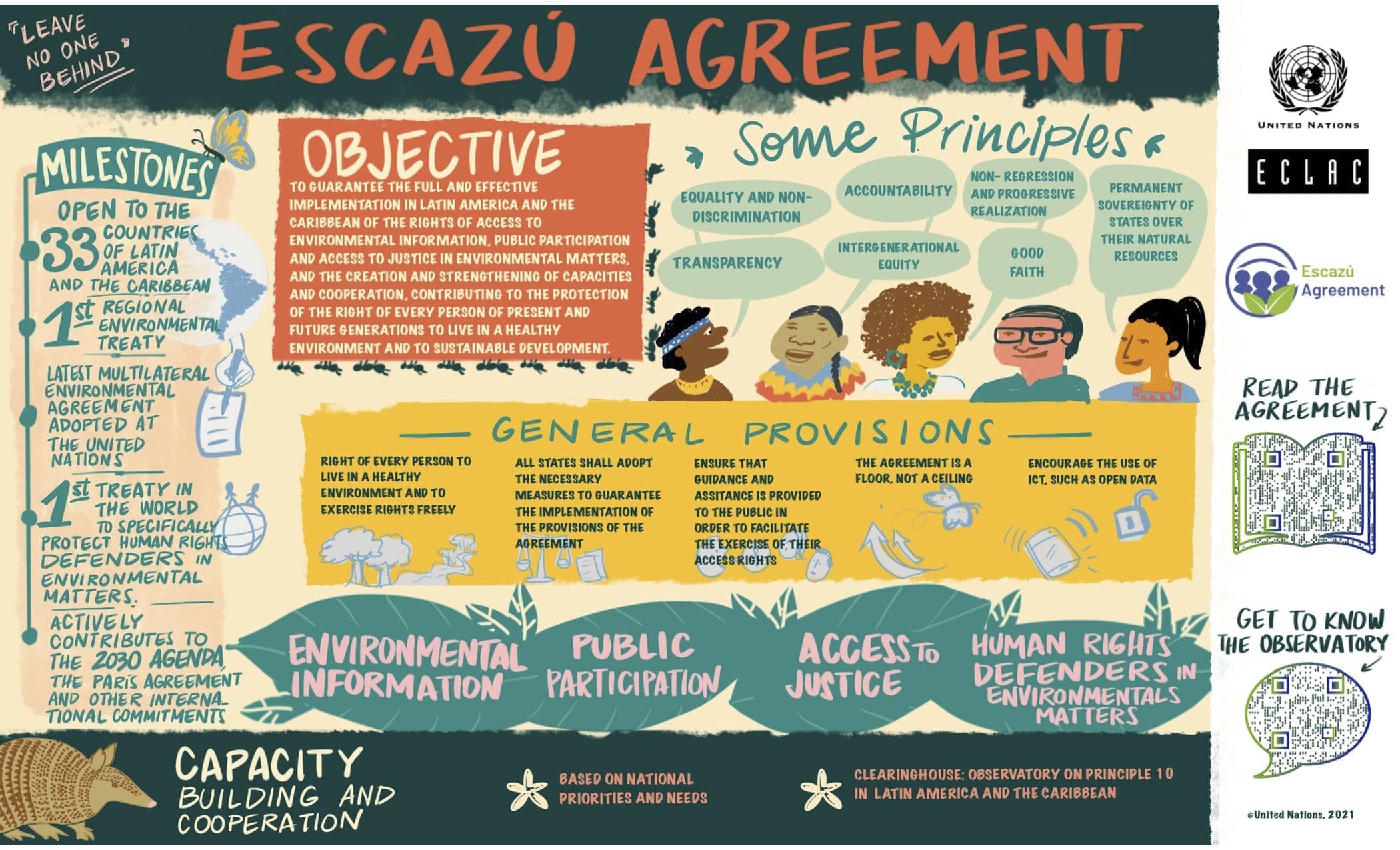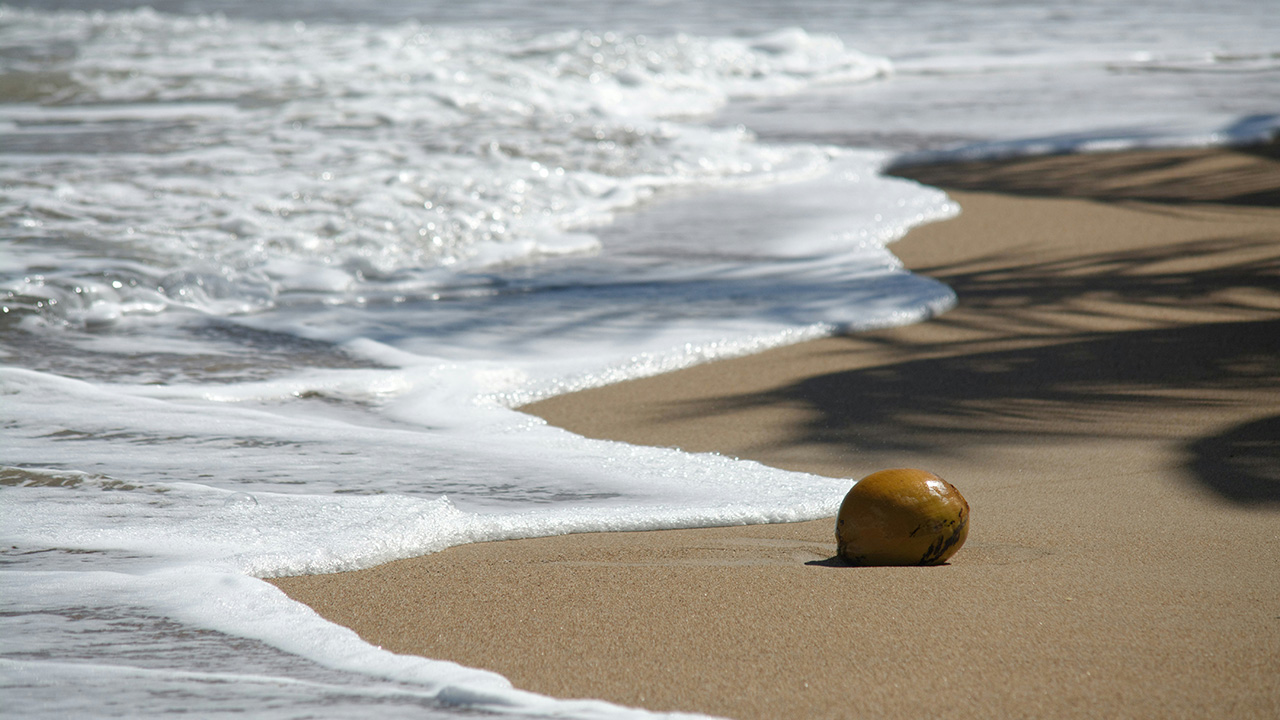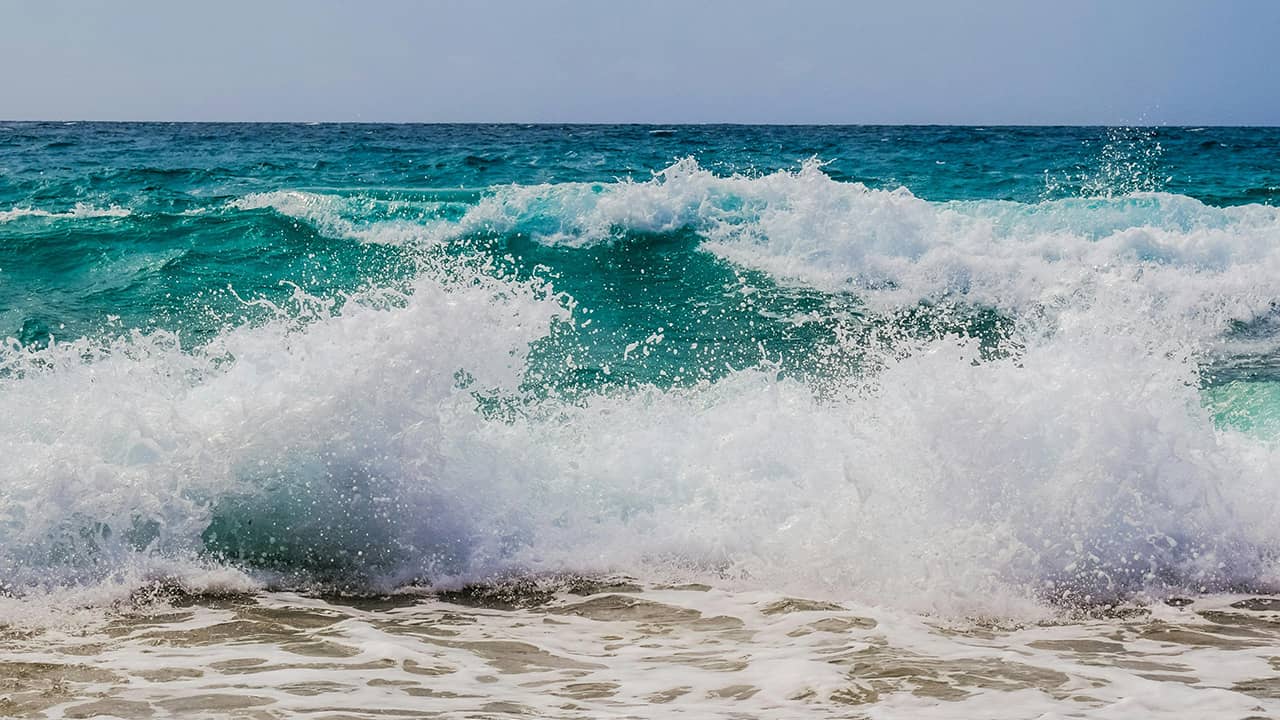

Climate change threatens a range of human rights: life, water and sanitation, food security, health, housing, self-determination, culture, and development. Climate change is also a threat multiplier, disproportionately accentuating its impacts on countries and those segments of the population that are already at a disadvantage.
Already marginalized groups and those living in vulnerable situations, as a result of pre-existing inequalities and inequities, are even more affected and have less favorable conditions or reduced capacities to adapt to and to mitigate the consequences of climate change. Factors such as geography, poverty, gender, sexual orientation/gender identity, age, ethnicity or race, nationality of birth or social status, and disability may further aggravate those consequences.
States have an obligation to prevent the foreseeable adverse effects of climate change on human rights and to ensure those effected by it, particularly those most vulnerable, have access to effective remedies and means of adaption to enjoy lives of human dignity.
The international community adopted Development Agenda 2030 to spur action around 17 inter-connected Sustainable Development Goals (SDGs), recognizing that peace and prosperity for all can only be achieved with respect for people and our planet. The Decade of Action, which began in 2020 in the midst of the COVID-19 pandemic, provides a renewed sense of urgency to tackle growing poverty and inequality, empower women and girls, and address the climate emergency.
The Campaign for a Human Rights-based Approach to Climate Action (Climate Action Campaign) was launched in 2021, with a regional focus in the Caribbean. The Campaign seeks to raise awareness and implement the Escazú Agreement as a tool for climate governance and to ensure the three rights of access to: information, participation, and justice in environmental matters.
The Escazú Agreement is the only binding agreement stemming from the United Nations Conference on Sustainable Development (Rio+20), the first regional environmental agreement of Latin America and the Caribbean, and the first in the world containing specific provisions on environmental human rights defenders. The Agreement also aims for the creation and strengthening of capacities and cooperation, contributing to the protection of the right of every person, in the present and of future generations, to live in a healthy environment and to sustainable development. (Source: ECLAC)
The Escazú Agreement offers a path to advance implementation of the Development Agenda 2030 by strengthening the rule of law, bolstering participatory democracy, protecting human rights, and preventing social conflicts amid changes to economies’ production structures. The Agreement particularly contributes to SDG 16: Peace, Justice, and Strong Institutions, as well as SDG 10: Reduced Inequalities, SDG 12: Responsible Consumption and Production, SDG 13: Climate Action, SDG 14: Life Below Water, and SDG 15: Life on Land.
To achieve its goal of improving climate governance, the Climate Action Campaign pursues the following outcomes:


Ms. Faatimah Saarah Monawvil
Director
Email:
Supported by an expert Secretariat, PGA members work together to educate, sensitize, build technical capacity, and strengthen the political will of parliamentarians to achieve campaign objectives through concrete legislative and policy initiatives. PGA works with individual parliamentarians in their national contexts through country-specific strategies, leveraging that capacity with international networking to facilitate connections among parliamentarians and build bridges with civil society, domestic and international policy-makers, and other stakeholders.

The hybrid, non-partisan Caucus brought together parliamentarians, experts, and civil society to explore the Escazú Agreement.

This session, jointly hosted by Parliamentarians for Global Action (PGA) and ParlAmericas, will bring together parliamentarians and civil society representatives from the Caribbean SIDS for a dialogue on the Escazú Agreement